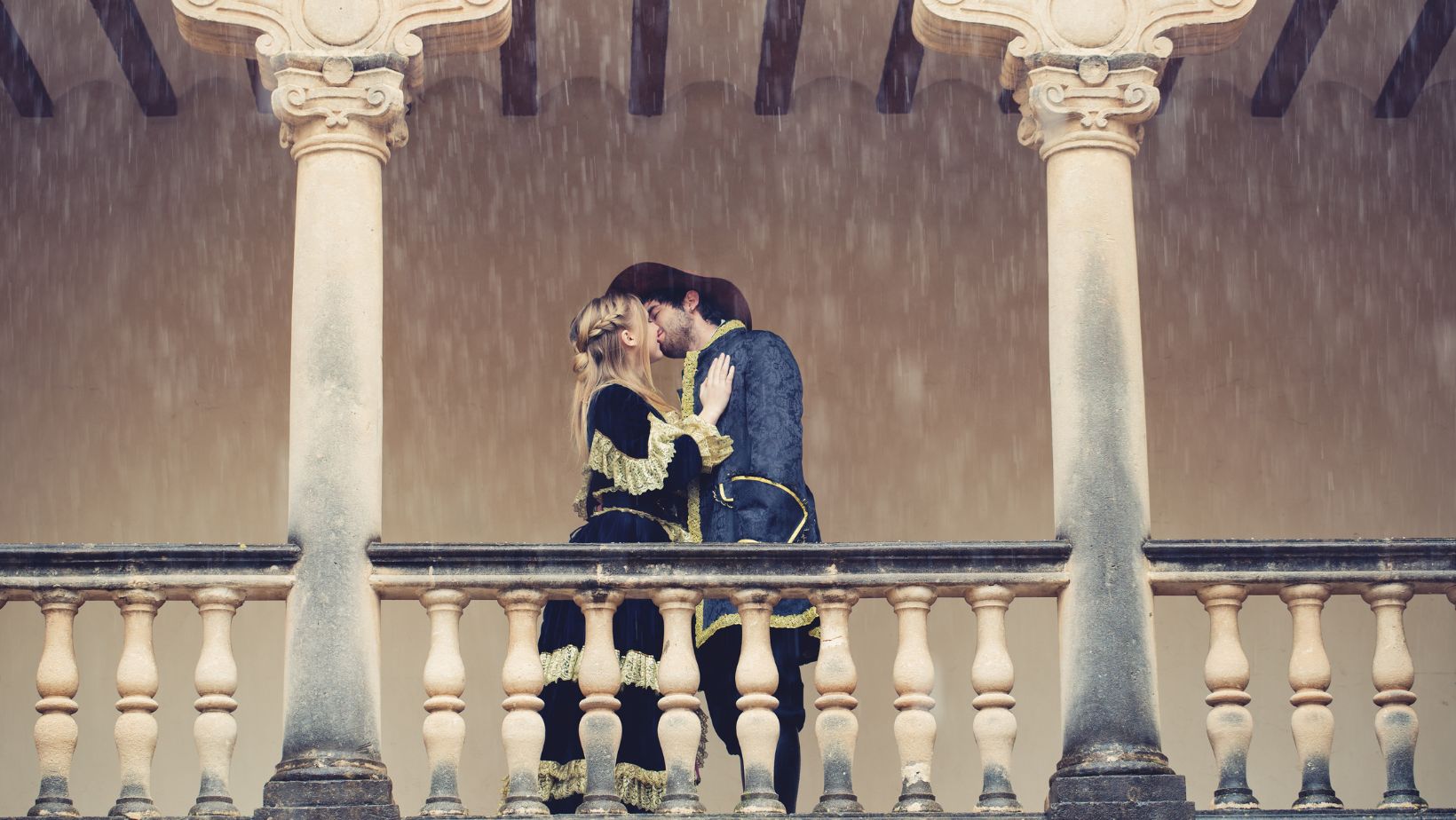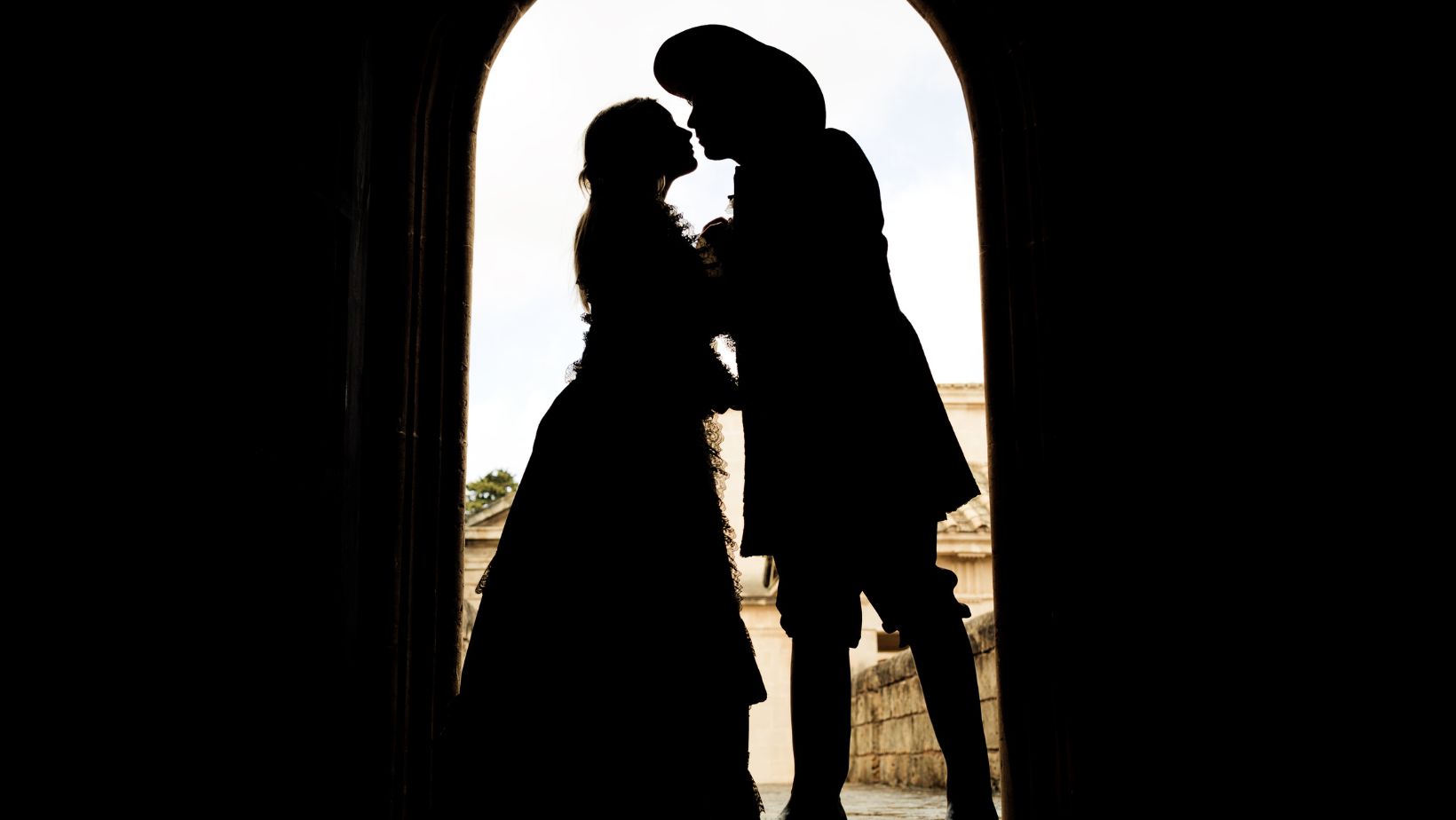
Welcome to my article on Shakespeare’s timeless masterpiece, “Romeo and Juliet.” This iconic play has captivated audiences for centuries with its tale of forbidden love, feuding families, and tragic consequences. In this article, I will delve into the themes, characters, and enduring relevance of this Shakespearean tragedy. So, whether you’re a literature enthusiast or simply curious about this renowned play, join me as we explore the world of “Romeo and Juliet” and discover why it continues to resonate with audiences to this day. Let’s dive in and uncover the secrets of this timeless classic.
In Shakespeare’s Romeo And Juliet, Romeo Is A Protagonist Because He Is A
When delving into the timeless tragedy of Shakespeare’s “Romeo and Juliet,” it is impossible to ignore the complex and fascinating characters that drive the story forward. In this section, I’ll provide an analysis of Romeo and Juliet themselves, as well as some of the other key players in the play.
Romeo is undoubtedly the protagonist of the story. He is a young, passionate individual whose impulsive decisions shape the events of the play. His intense emotions, particularly his profound love for Juliet, drive him to take actions that ultimately lead to tragedy. Romeo’s character highlights the power of love and the deeply personal experiences that can result from it. He is a symbol of the impulsive nature of youth and the often tragic consequences that can follow.
As for Juliet, she too serves as a protagonist, albeit a more reserved and thoughtful one. Despite her young age, Juliet displays remarkable intelligence, wit, and determination throughout the play. She is not content to simply follow the expectations set by her family and society. Instead, she actively seeks to challenge these constraints in pursuit of her love for Romeo. Juliet’s character represents the struggle between personal desire and societal expectations, highlighting the tension between individual freedom and familial duty.
In addition to the central characters, there are several supporting characters who contribute to the richness of the story:
- Friar Lawrence: A wise and well-intentioned friar, he plays a crucial role in the development of the plot. Friar Lawrence is both a confidant and a mentor to Romeo and Juliet, providing them with advice and guidance. However, his ongoing involvement ultimately leads to unintended consequences.
- Tybalt: Juliet’s hot-headed cousin and a skilled swordsman, Tybalt is driven by a fierce loyalty to his family and a desire for revenge. His aggressive nature and constant confrontations with Romeo heighten the tension and conflict in the play.
- Mercutio: Romeo’s close friend, Mercutio is known for his quick wit and loyalty. His tragic death serves as a turning point in the play, leading to a series of unfortunate events.

The Tragic Love Story of Romeo and Juliet
Romeo is undeniably one of the central protagonists in Shakespeare’s famous play “Romeo and Juliet.” His character’s role in the story is critical and heavily influenced by the theme of love and passion. In fact, Romeo’s intense emotions and impulsive actions serve as a driving force behind the tragic events that unfold.
From the outset, it is evident that Romeo is a character driven by love. He becomes infatuated with Juliet from the very moment he sets his eyes upon her at the Capulet’s masquerade ball. This love-at-first-sight encounter marks the beginning of their passionate and tumultuous relationship.
However, Romeo’s role as a protagonist is not solely defined by his romantic nature. He is also a protagonist because he is deeply committed to defying the feuding norms of his society. Despite being a Montague, he dares to pursue his love for Juliet, a Capulet. This choice ultimately leads to a series of tragic events, including the deaths of both Romeo and Juliet.
Throughout the play, Romeo’s impulsive behavior further solidifies his role as a protagonist. He is prone to acting on his emotions without considering the consequences of his actions. For instance, after Tybalt kills Romeo’s friend, Mercutio, Romeo avenges his friend’s death by slaying Tybalt. This impulsive act not only escalates the violence and conflict between the two families but also sets a chain of events into motion that ultimately results in the tragic demise of the young lovers.
In “Romeo and Juliet,” Shakespeare masterfully crafts Romeo as a protagonist whose love and passion are tragically intertwined with the themes of fate, destiny, and conflict. His impulsive nature and unwavering commitment to love bring about both his own downfall and the tragedy of Juliet’s life. The story of Romeo and Juliet stands as a timeless reminder of the power and consequences of intense love and uncontrolled emotions.
“Romeo and Juliet” continues to resonate with audiences today, highlighting the enduring impact and relevance of the play. The challenges faced by the young couple in the face of opposition from their families and societal expectations mirror the struggles faced by individuals in modern society. The tragedy serves as a reminder of the importance of communication, understanding, and challenging societal norms.






